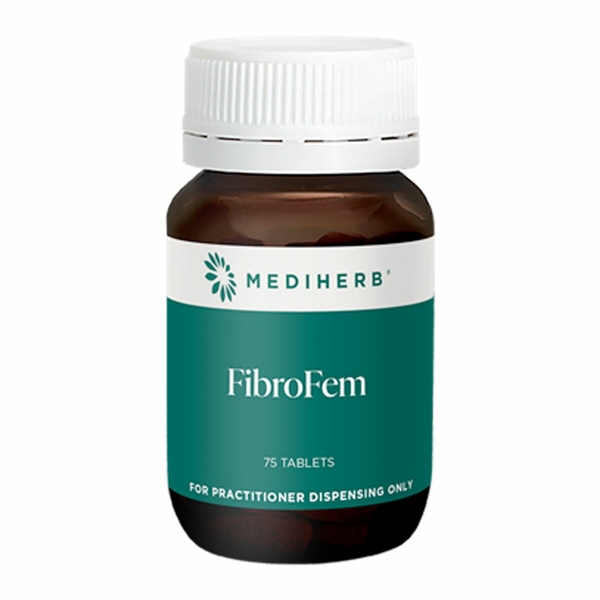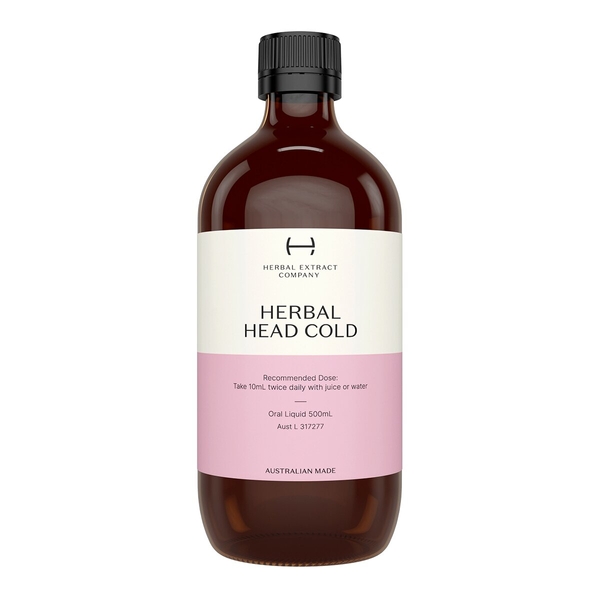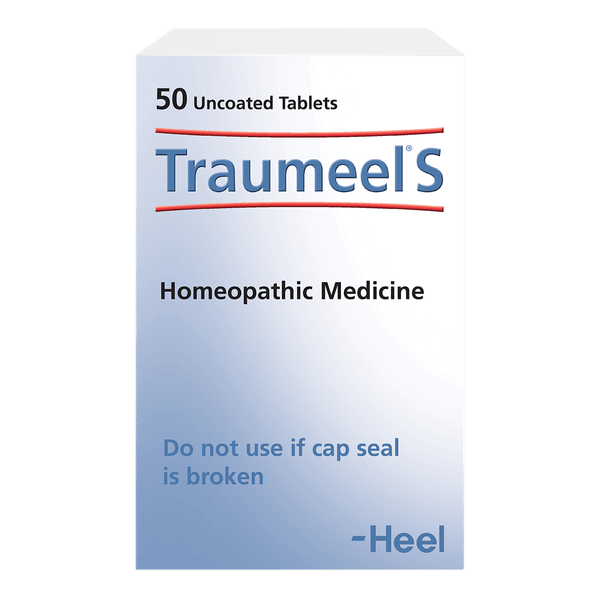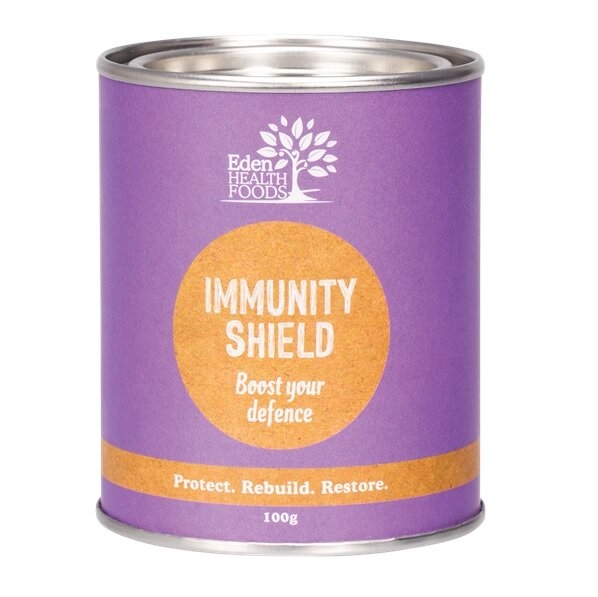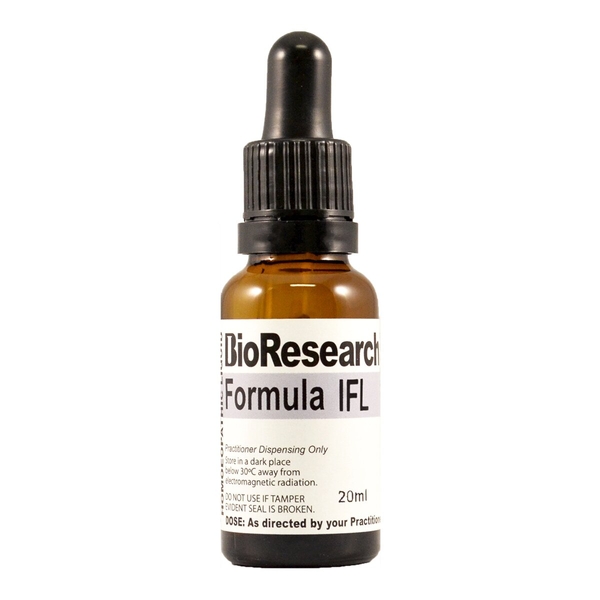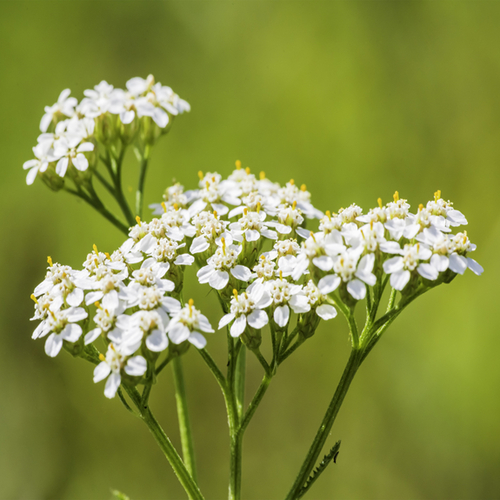
Yarrow
Scientific names: Achillea millefolium, Achillea borealis, Achillea lanulosa, Achillea magna
Family: Asteraceae/Compositae
Alternate names: Achilee, Achillea, Achillée, Achillée Boréale, Achillée Laineuse, Achillée Millefeuille, Acuilee, Band Man's Plaything, Bauchweh, Birangasifa, Birangasipha, Biranjasipha, Bloodwort, Bumadaran, Carpenter's Weed, Civan Percemi, Common Yarrow, Devil's Nettle, Devil's Plaything, Erba Da Cartentieri, Erba Da Falegname, Gandana, Gemeine Schafgarbe, Green Arrow, Herbe à la Coupure, Herbe à Dindes, Herbe aux Charpentiers, Herbe Militaire, Huile Essentielle d'Achillée, Katzenkrat, Little Feather, Milefolio, Milenrama, Milfoil, Millefeuille, Millefolii Flos, Millefolii Herba, Millefolium, Millegoglie, Noble Yarrow, Nosebleed, Old Man's Pepper, Plumajillo, Rajmari, Roga Mari, Sanguinary, Soldier's Wound Wort, Sourcil de Vénus, Staunchweed, Tausendaugbram, Thousand-Leaf, Wound Wort, Yarrow Essential Oil
Actions: Anti-inflammatory, Antimicrobial, Antispasmodic, Cardiac, Central nervous system, Genitourinary, Hematologic
Background
Yarrow (Achillea millefolium) is a plant that grows throughout the world. The above ground parts are used to make medicine.
Yarrow contains chemicals that might help to stop stomach cramps and fight infections.
People commonly use yarrow for eczema, irritable bowel syndrome (IBS), wound healing, and many other conditions, but there is no good scientific evidence to support these uses.
Yarrow is sometimes called bloodwort. Don't confuse this with Bloodroot.
Yarrow contains chemicals that might help to stop stomach cramps and fight infections.
People commonly use yarrow for eczema, irritable bowel syndrome (IBS), wound healing, and many other conditions, but there is no good scientific evidence to support these uses.
Yarrow is sometimes called bloodwort. Don't confuse this with Bloodroot.
Safety Safety definitions
When taken by mouth: Yarrow is commonly consumed in foods. But yarrow products that contain a chemical called thujone might not be safe. Thujone is poisonous in large doses. Yarrow is possibly safe when taken in doses of 250-500 mg daily for 12 months.
When applied to the skin: There isn't enough reliable information to know if yarrow is safe or what the side effects might be. In some people, yarrow might cause skin irritation.
When applied into the vagina: Yarrow is possibly safe when applied in a cream for up to 7 days.
Breast-feeding: There isn't enough reliable information to know if yarrow is safe to use when breast-feeding. Stay on the safe side and avoid use.
Allergy to ragweed and related plants: Yarrow may cause an allergic reaction in people who are sensitive to the Asteraceae/Compositae family. This includes ragweed, chrysanthemums, marigolds, daisies, and many others. If you have allergies, be sure to check with your healthcare provider before taking yarrow.
When applied to the skin: There isn't enough reliable information to know if yarrow is safe or what the side effects might be. In some people, yarrow might cause skin irritation.
When applied into the vagina: Yarrow is possibly safe when applied in a cream for up to 7 days.
Special Precautions & Warnings:
Pregnancy: Yarrow is likely unsafe when taken by mouth during pregnancy. It can affect the menstrual cycle and might cause miscarriage.Breast-feeding: There isn't enough reliable information to know if yarrow is safe to use when breast-feeding. Stay on the safe side and avoid use.
Allergy to ragweed and related plants: Yarrow may cause an allergic reaction in people who are sensitive to the Asteraceae/Compositae family. This includes ragweed, chrysanthemums, marigolds, daisies, and many others. If you have allergies, be sure to check with your healthcare provider before taking yarrow.
Effectiveness
Effective Effectiveness definitions
There is interest in using yarrow for a number of purposes, but there isn't enough reliable information to say whether it might be helpful.
Dosing & administration
Yarrow has most often been used by adults as a plant extract or tea. It's also been applied as an ointment or cream and used in gargles. Speak with a healthcare provider to find out what type of product and dose might be best for a specific condition.
Interactions with pharmaceuticals
Lithium
Interaction Rating=Moderate Be cautious with this combination.
Yarrow might have an effect like a "water pill." Taking yarrow might decrease how well the body gets rid of lithium. This could increase how much lithium is in the body and result in serious side effects. Talk with your healthcare provider before using this product if you are taking lithium. Your lithium dose might need to be changed.
Interactions with herbs & supplements
Herbs that contain thujone: Yarrow contains a chemical called thujone. Thujone can be poisonous when taken in large amounts. It can cause seizures, kidney problems, and vomiting. Taking yarrow with other supplements that also contain thujone increases the risk of these effects. Examples of supplements that contain thujone include oak moss, tansy, thuja, and wormwood.
Interactions with foods
There are no known interactions with foods.
Products
View all productsPractitioner product
Per 10 mL:
- Achillea millefolium (Yarrow) ext. equiv. dry 700 mg
- Sambucus nigra ext. equiv. dry 2.1 g
- Euphrasia officinalis ext. equiv. dry 1.05 g
- Echinacea purpurea ext. equiv. dry 1.05 g
- Plantago lanceolata ext. equiv. dry 840 mg
- Tilia cordata ext. equiv. dry 700 mg
- Calendula officinalis ext. equiv. dry 420 mg
- Cinnamomum verum ext. equiv. dry 210 mg
- Pimpinella anisum (seed) oil
- Water
- Glycerol
- Alcohol
Practitioner product
Per tablet:
Practitioner product
Per 3 g:
- Achillea millefolium (Yarrow)
- Echinacea angustifolia
- Astragalus membranaceus
- Sambucus nigra (fruit)
- Lycium barbarum
- Rosa canina
- Luo Han Guo (fruit) ext. (Monk fruit)
- Echinacea purpurea
- Sambucus nigra
- Glycyrrhiza glabra (root)
- Olea europaea (leaf)
- Calendula officinalis
- Origanum vulgare
- Uncaria tomentosa
- Mentha x piperita
- Thymus vulgaris
- Cola acuminata
- Foeniculum vulgare
- Inula helenium
- Asclepias tuberosa
- Armoracia rusticana
- Capsicum spp.
- Allium sativum
- Allium cepa
- Zingiber officinale
- Cordyceps sinensis (mushroom)
- Ganoderma lucidum (mushroom)
- Lentinula edodes (mushroom)
- Tremella fuciformis (mushroom)
- Trametes versicolor (mushroom)
- Salvia eremostachya
- Hericium erinaceus (mushroom)
- Inonotus obliquus (mushroom)
- Ilex paraguariensis
RRP: $49.95$47.45Save: 5%
Sold out
Create account
Due back 04/04
Per serve:
Discontinued by BioResearch
Practitioner product
vital.ly has licensed monographs from TRC Healthcare.
This monograph was last reviewed on 31/07/2024 10:00:00 and last updated on 07/10/2020 22:15:02. Monographs are reviewed and/or updated multiple times per month and at least once per year.
Natural Medicines disclaims any responsibility related to medical consequences of using any medical product. Effort is made to ensure that the information contained in this monograph is accurate at the time it was published. Consumers and medical professionals who consult this monograph are cautioned that any medical or product related decision is the sole responsibility of the consumer and/or the health care professional. A legal License Agreement sets limitations on downloading, storing, or printing content from this Database. No reproduction of this monograph or any content from this Database is permitted without written permission from the publisher. It is unlawful to download, store, or distribute content from this site.

